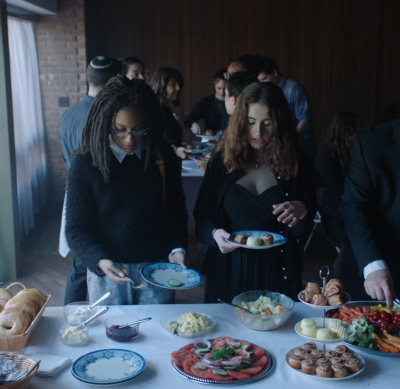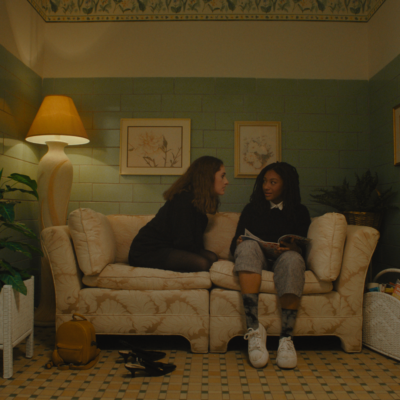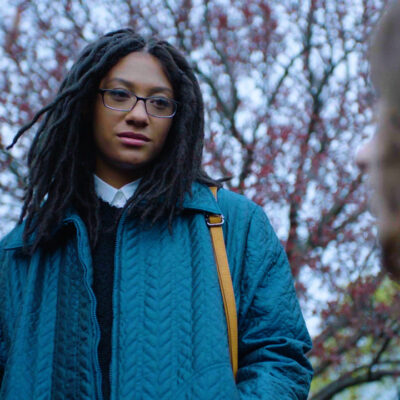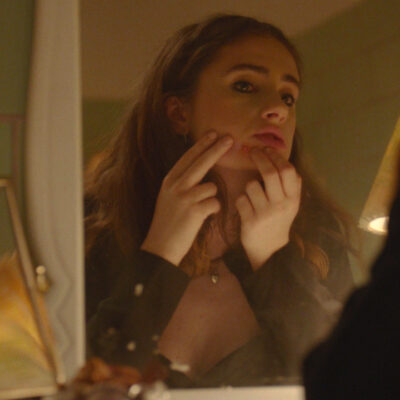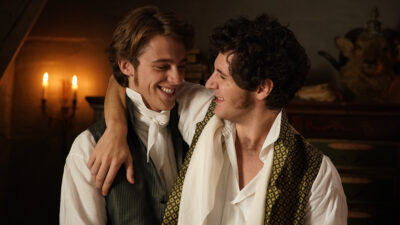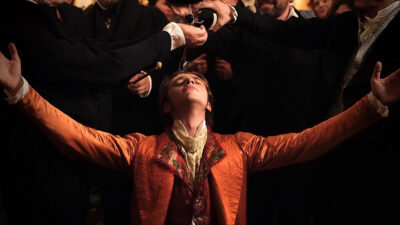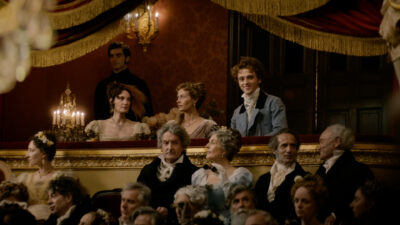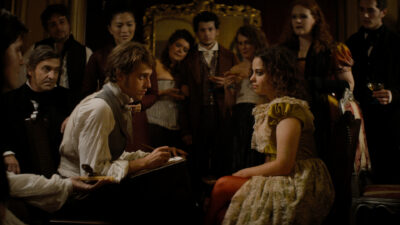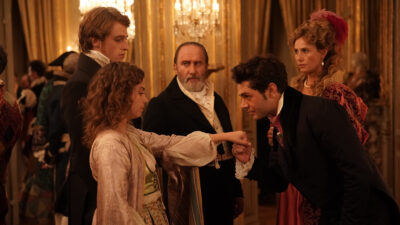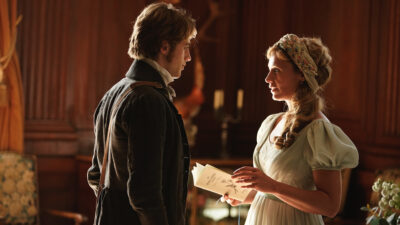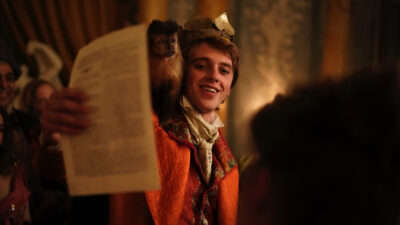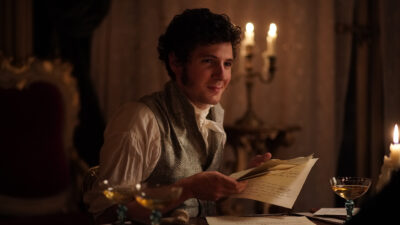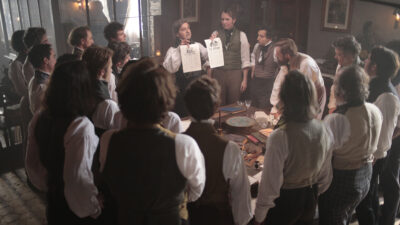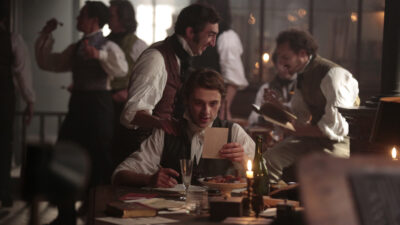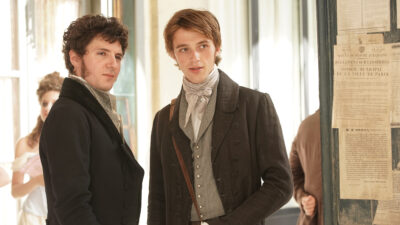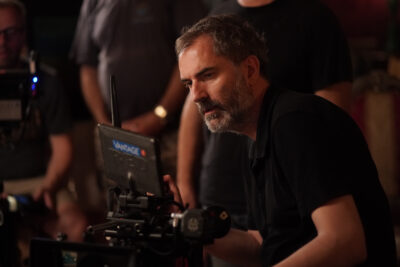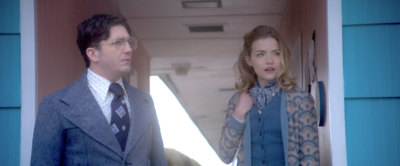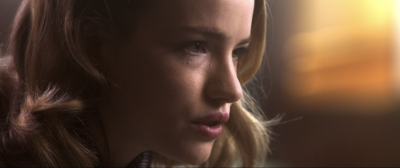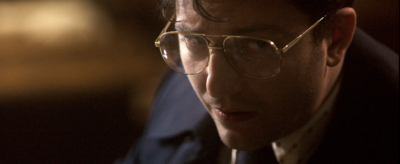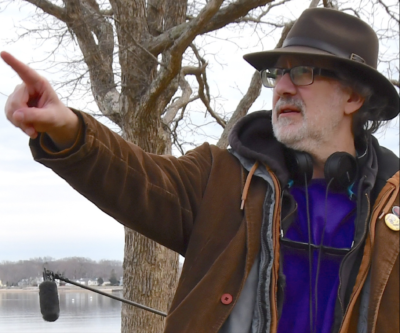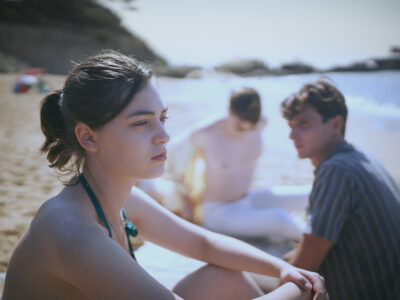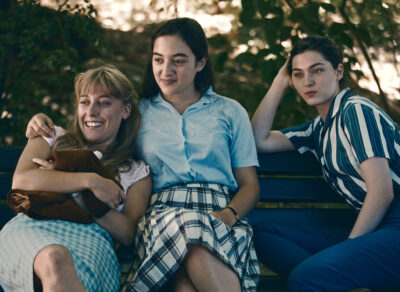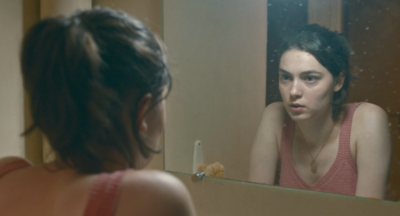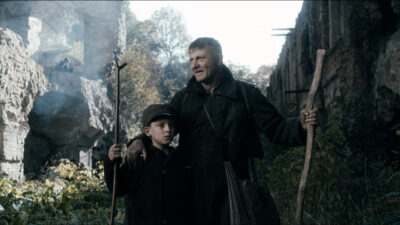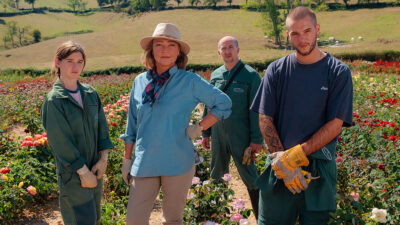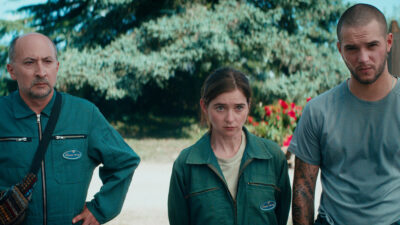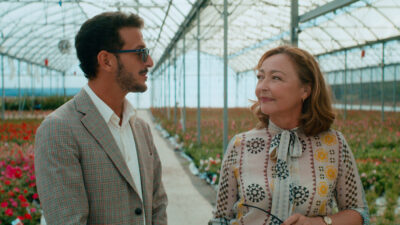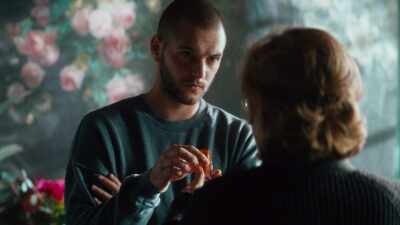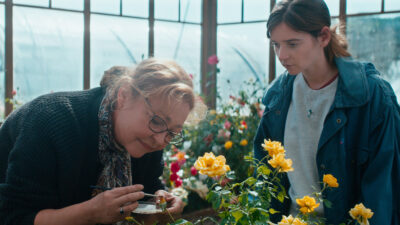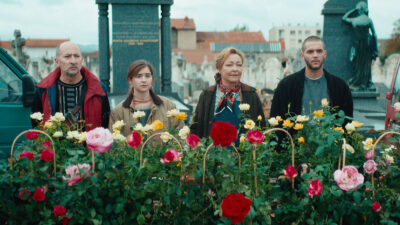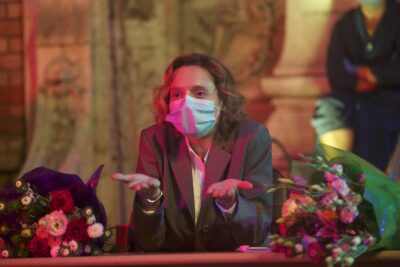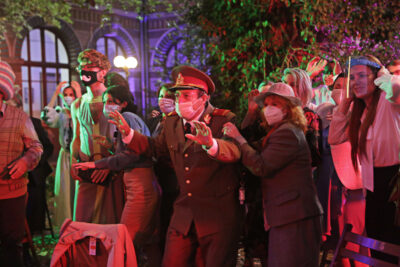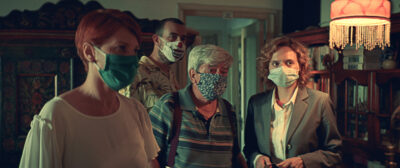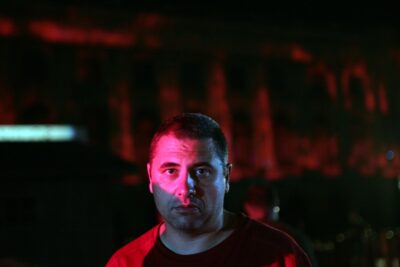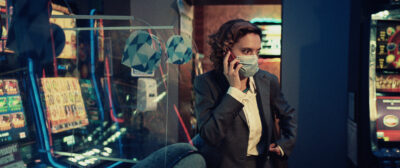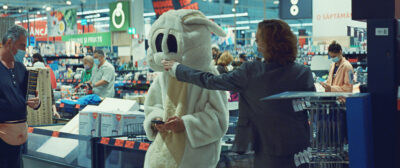A coming-of-age comedy-drama about three Black women living in Brooklyn, Ayoka Chenzira’s 1993 film Alma’s Rainbow explores the life of teenager Rainbow Gold, who is entering womanhood and navigating conversations and experiences around standards of beauty, self-image, and the rights Black women have over their bodies. We are thrilled to open the film next Friday, August 12 at the Monica Film Center.
Victoria Platt, who starred as Alma, will participate in a Q&A after the evening screening on Saturday, August 13th, exact showtime TBA.
All screenings of Alma’s Rainbow will be preceded by Ms. Chenzira’s 10-minute animated short film Hair Piece: A Film for Nappy Headed People (1984).
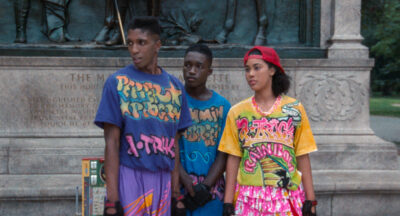
“With a whole lot of heart and humor, Ayoka Chenzira’s Alma’s Rainbow is a stunning exploration of Black identity and the dynamism of Black women’s lives.” – Maya Cade, Black Film Archive creator
“The matter of matriarchy within families is close to my heart. I think of my great-grandmother, my grandmother, my mother, and my aunts who all had a firm, beautiful hand in raising me. I long for more representations of these generational villages on screen, like those we experience in Ayoka Chenzira’s work. Ms. Chenzira’s Alma’s Rainbow is a gorgeous clarion call for our young Black girls, heralding the community, creativity and confidence that is the pride of our culture.” —Ava DuVernay, producer-director
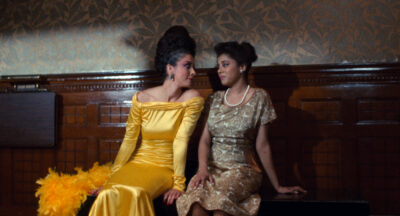
“I am delighted to have this opportunity to join you in presenting Dr. Ayo Chenzira’s first feature film. As you know, Alma’s Rainbow was one of the first full length dramatic narrative films produced and directed by an African American woman in the 20th century. Chenzira’s much celebrated and award winning early work is essential viewing today as much as it was when first released in 1994.” —Julie Dash, filmmaker
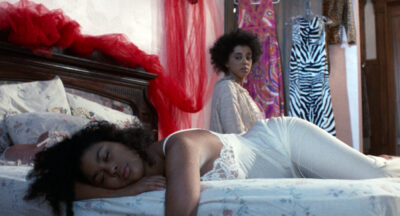
Director’s Statement: “I could write a book on the response to Alma’s Rainbow. The film took a long time to make. I raised all the money independently. Distributors came and looked at the film, and there was a real split between what the men thought about it and what the women thought about it. The response by women has been overwhelmingly positive. The response by men, who write the checks, was that it was not an action piece. There was no Black pathology; there was no movie point of reference for three Black women driving a story. They also see that it is not a linear narrative in the tradition of exposition, climax and resolution. The editing and storytelling are based on the emotions of the characters. This is something that women understood and men did not.
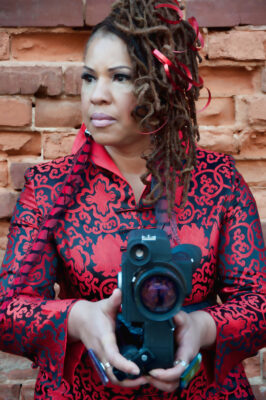
“We found a distributor who was not interested in selling it only to twenty-something White guys in the suburbs. Unfortunately, the arrangement with the distributor and our company did not work out; we did get the film back, however, unencumbered. This film grows out of mothers being afraid of their daughters’ own budding sensuality.” – Ayoka Chenzira, Ph.D.

